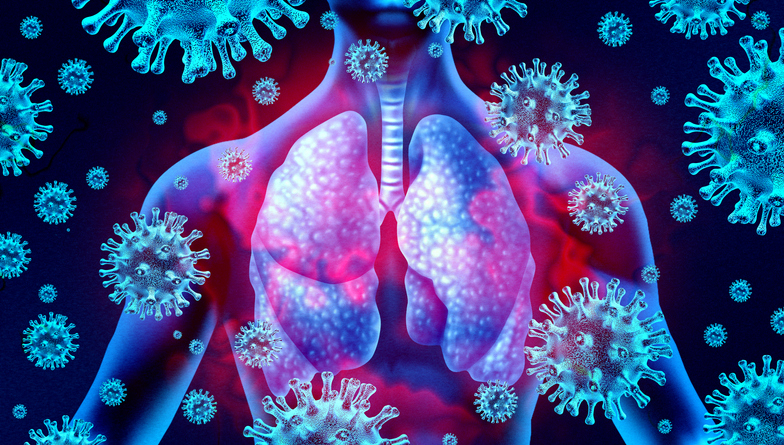Living with Chronic Pain
The Effects of COVID-19 on the Body

When an individual contracts the coronavirus that causes COVID-19, it can affect the body in various ways. COVID-19 is a respiratory illness, mainly affecting the lungs. However, other organs may also be affected, particularly when the infection is severe.
Effects on the lungs
Recent data suggests that approximately 80% of people who contract COVID-19 experience mild illness that improves without complications. In some cases, non-life-threatening pneumonia develops.
In severe cases, COVID-19 can lead to acute respiratory distress syndrome, or ARDS, which involves fluid leaking from the small blood vessels in the lungs into the air sacs (alveoli) in the lungs. This complicates the transfer of oxygen from the air to the blood. Symptoms of ARDS include rapid breathing and heart rate, shortness of breath, dizziness, and sweating. Many people who develop ARDS need supplemental oxygen or ventilation to ensure that the blood can supply the body’s organs with enough oxygen to survive.
Effects on other organs
In severe cases of COVID-19, other organs may be affected as well. This may occur as a direct result of the infection, the body’s immune response to the infection, or treatments used to manage the infection.
- Heart and blood vessels — Low blood pressure or irregular heart rhythms can occur. Blood clots may also form in the legs or lungs.
- Liver — Elevated liver enzymes or possible liver damage is possible.
- Kidneys — In addition to liver damage, kidney damage can also occur. This may be due to the virus itself or due to the reduced amount of oxygen circulating in the body to the kidneys.
- Brain and brain stem — Some people with COVID-19 experience neurologic issues. The virus may also affect the brain stem, which controls breathing.
- Stomach and intestines — Gastrointestinal symptoms, such as nausea, stomach pain, or diarrhea, have been reported in some cases. This suggests that the virus may also affect the stomach and intestines.
Most people who contract COVID-19 do not experience severe complications, however, since these complications do develop in some cases, it is important to limit the spread of the virus as much as possible.



















